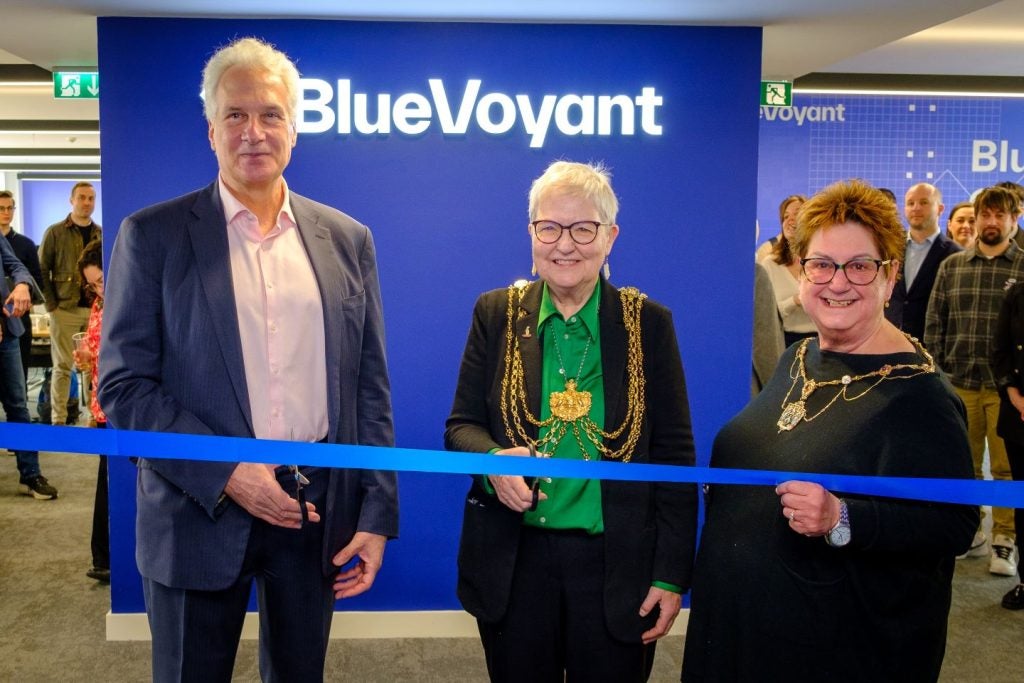
Newcomers are seizing opportunities to challenge established network providers in a sign that a new round of disruption in the next generation of cellular mobile communications is underway.
Japanese internet giant Rakuten, which began as an online shopping mall, recently announced as part of its third-quarter results a list of vendors who will supply equipment for its mobile network.
For the radio access network (RAN) portion of its overall mobile network, Rakuten picked two vendors. The first, Nokia, a top provider of RAN equipment, is a familiar name in the RAN business, while the second, Altiostar, is a relative newcomer. Altiostar is a virtual RAN (vRAN) start-up based in the suburbs of Boston, in the US. Nokia is also listed as a vendor for Rakuten’s core network alongside Cisco.
New age disruptors
The announcement is one among many vendor announcements by mobile network operators and reflects a broader shift in the industry.
An online shopping mall from Japan is partnering with a tech start-up in Boston to take on one of Japan’s largest and most successful companies with a legacy that stretches back a century. However, this is increasingly the new normal across many industries.
Disruption from digital native companies is up-ending almost every sector. While telecommunications has been slightly insulated due to the nature of spectrum licenses and previous government monopolies, the inexorable wave of the digital age is crashing over even the most stalwart incumbents in the industry.
How well do you really know your competitors?
Access the most comprehensive Company Profiles on the market, powered by GlobalData. Save hours of research. Gain competitive edge.

Thank you!
Your download email will arrive shortly
Not ready to buy yet? Download a free sample
We are confident about the unique quality of our Company Profiles. However, we want you to make the most beneficial decision for your business, so we offer a free sample that you can download by submitting the below form
By GlobalDataRakuten plans to disrupt the Japanese mobile network operators (MNOs) with a competitively priced service, and using the open vRAN of Altistar is one their strategies to achieve this.
However, Rakuten hopes to also compete on the strength of its other businesses. On top of its legacy as an online retailer, the company has built an impressive payments infrastructure and ecosystem, launched an online banking venture and runs a media and advertising business.
Rakuten wants to develop cross-vertical proposals and compete in areas where the incumbent communications players cannot match them. Leveraging the strength of other businesses is not uncommon to disruptors; Reliance Jio has turned the Indian telecommunications market on its head by offering unlimited voice and data plans at incredibly low cost, enabled by the success of its businesses in other industries.
The O-RAN club
Interestingly, both Nokia and Altiostar are members of the industry group Open RAN alliance (O-RAN). This alliance made up of mainly mobile operators, networking technology vendors and start-ups, is working toward a new open standard for RAN implementations that would replace the current standard of common public radio interface (CPRI).
CPRI requires semi-proprietary implementations of RAN, meaning RAN equipment vendors are able to lock-in mobile operators to their ecosystems. Operators are looking for a more cost-efficient and flexible way to build and manage their wireless networks, and moving from a walled garden approach to an open ecosystem for RAN is one of their key strategies for the future of mobile networks.
It is no surprise that Altiostar is a member of O-RAN, as it was founded for this purpose, be a disruptor in the RAN market. The company provides a more open ecosystem for RAN that uses Ethernet-based front haul, and cloud-based NFV, that is transport agnostic. However, Nokia’s membership is more surprising and more interesting. It is the only leading RAN equipment vendor from the big four (Ericsson, Huawei, Nokia and ZTE) to participate in an open RAN initiative.
A democratisation of the RAN portion of the network would mean an influx of competitors that could potentially decimate the market share of the largest players. However, this may be a perceptive move by Nokia as its operator customers seem to be moving towards open RAN, whether the RAN vendors want to or not.
Non-traditional RAN players are beginning to research open and virtual RAN in the hope of capturing the lucrative opportunity for 5G RAN build-outs. Samsung, while a technology behemoth in its own right, traditionally stayed away from the radio access business, but in the last few years has been very active in developing 5G RAN technologies as well as participating in O-RAN. The company is now supplying 5G RAN equipment to all three Korean mobile network operators as well as Verizon and AT&T in the US.
Cisco’s long game
Cisco, like Samsung, is a global technology giant that has largely stayed away from the radio portion of networks. It has been a longtime partner of companies such as Ericsson and even Huawei, working in a collaborative competition manner to help grow business for itself and its partners.
So, industry observers were surprised when Cisco took the lead in founding O-RAN, and many industry observers saw it as a blow to Cisco’s partner Ericsson. While Cisco has yet to sell 5G base stations like Samsung, the O-RAN initiative could be seen as the start of a strategic move into RAN. Cisco would be glad to take a piece of the RAN pie as the network switches and the router market becomes increasingly commoditised.
Altiosar could be another way Cisco is trying to enter the RAN market. The ties between Cisco and Altiostar run deep. Not only does Cisco have a direct stake in the company, but the CEO of Altiostar, Ashraf Dahod, worked as a senior vice-president at Cisco from 2009 until 2015. Cisco also has a history of making small bets on innovative players and technologies before fully acquiring them and bringing them into the Cisco fold, examples of this are Meraki, Broadsoft, Jasper and even Dahod’s former company Starnet.
If Altiostar continues gaining momentum and winning deals like the Rakuten one, Cisco could potentially acquire the company outright and begin competing in the RAN space against current partners like Ericsson.







Related Company Profiles
Nokia Corp
Rakuten Group Inc